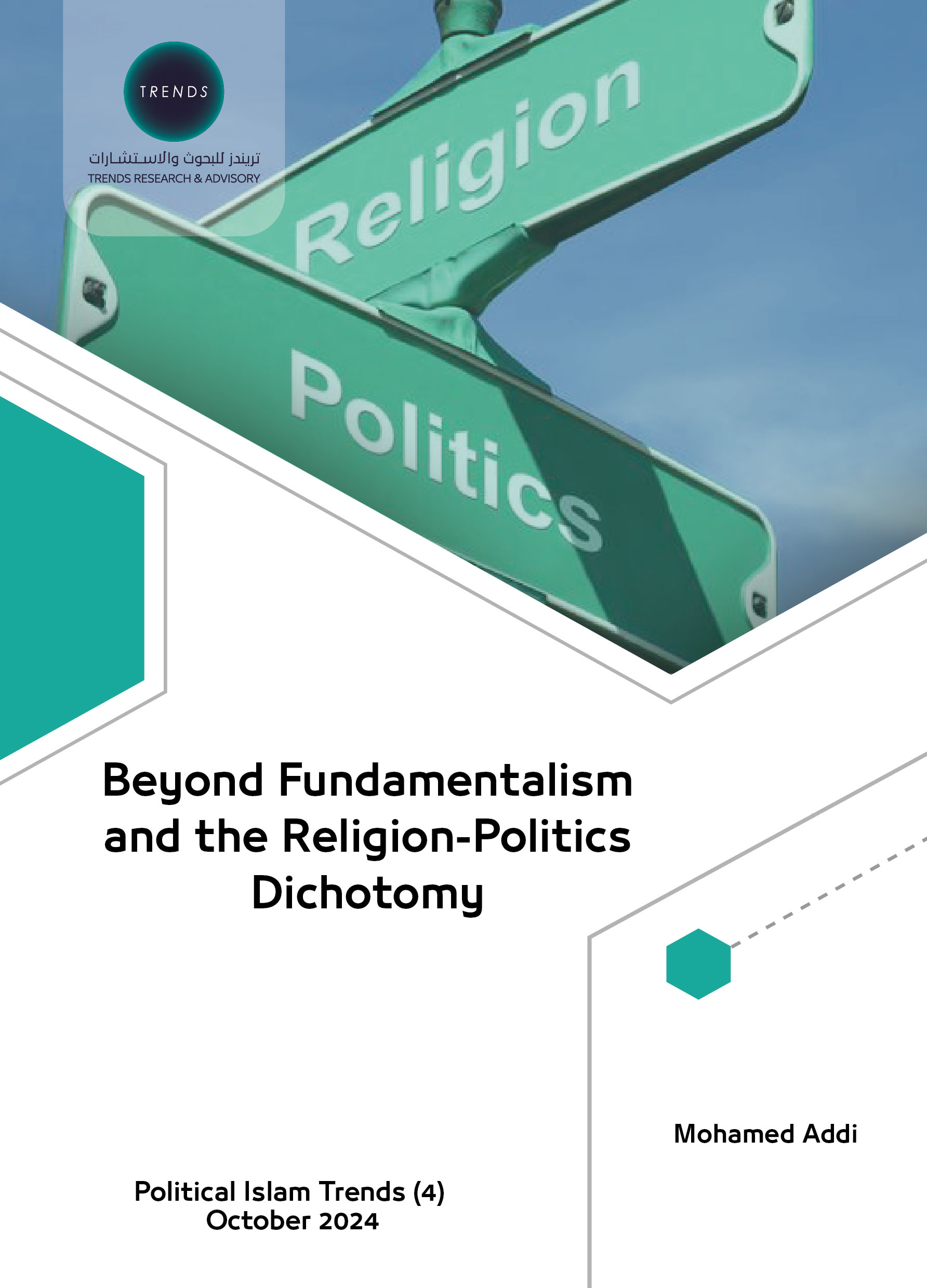Religion, particularly the historical interpretations shaped by the cultural and intellectual contexts of their eras, serves as the overarching framework for all fundamentalist and extremist religious movements and individuals. Drawing on these interpretations, both movements and individuals base their perceptions of contemporary political reality on a superficial reading of religion, leading to direct and unconscious projections that fail to account for historical changes and the complexities of reality. These movements often blur the distinction between religious and historical elements, as well as between religious texts themselves and the interpretations that are subject to the historical and cultural conditions of the interpreters. This highlights the importance of deconstructing the ideological reference points of these movements, beginning with a philosophical analysis of the intricate relationship between religion and politics. This is precisely the objective of many philosophical projects within contemporary Arab thought. In this paper, we will examine one of the most prominent examples of these projects, namely the work of Moroccan thinker and philosopher Mohammed Abed al-Jabri.
The prevailing narrative that simplifies the religion-politics dichotomy presents a significant challenge. This traditional perspective, lacking a nuanced understanding of the complexities within the Arab political reality, hinders a comprehensive grasp of the region’s socio-political dynamics. By critically engaging with Mohammed Abed al-Jabri’s scholarship, this study seeks to unveil the multifaceted nature of the relationship between religion and politics, transcending conventional frameworks. The significance of al-Jabri’s approach lies in its ability to shed light on the underlying structures that shape the Arab political landscape. It moves beyond traditional approaches by positing that “Arab political reason,” as al-Jabri terms it, is shaped not only by religious doctrine but also by economic and societal structures. By unpacking these intertwined layers of influence, the study aims to contribute to a more accurate understanding of Arab political thought and its ramifications for contemporary governance and policymaking.
This research is anchored in several interconnected hypotheses. Firstly, it posits that al-Jabri’s philosophical critique initiates with his investigation into the problematic nature of heritage. By extending his critical approach beyond heritage to encompass various sectors, including politics, al-Jabri provides a robust framework for dissecting the intricate relationship between religion and politics in the Arab world. Secondly, the study asserts that al-Jabri’s concept of “Arab political reason” serves as a pivotal tool for comprehending how economic and societal dynamics intersect with religious doctrines to configure political realities. Lastly, the research suggests that a meticulous examination of al-Jabri’s body of work can yield fresh perspectives on the potential for political reform, surpassing conventional arguments that superficially and simplistically deploy religion in political discourse.




